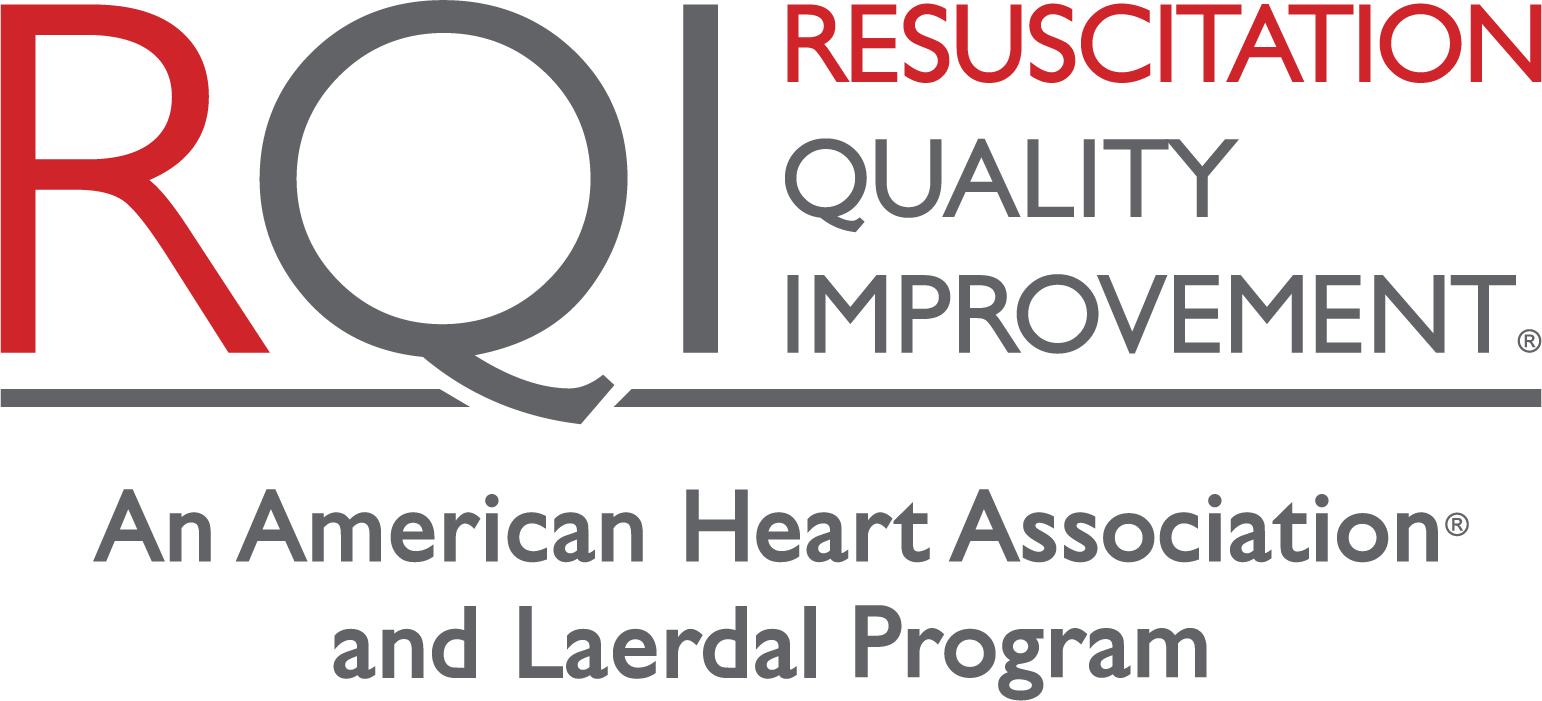Low Dose, High Frequency, RQI-Based
Implementation of a Low-Dose, High-Frequency Cardiac Resuscitation Quality Improvement Program in a Community Hospital
Feedback and debriefing are useful tools on their own, but when combined, studies have shown even more improvement in CPR Quality.
